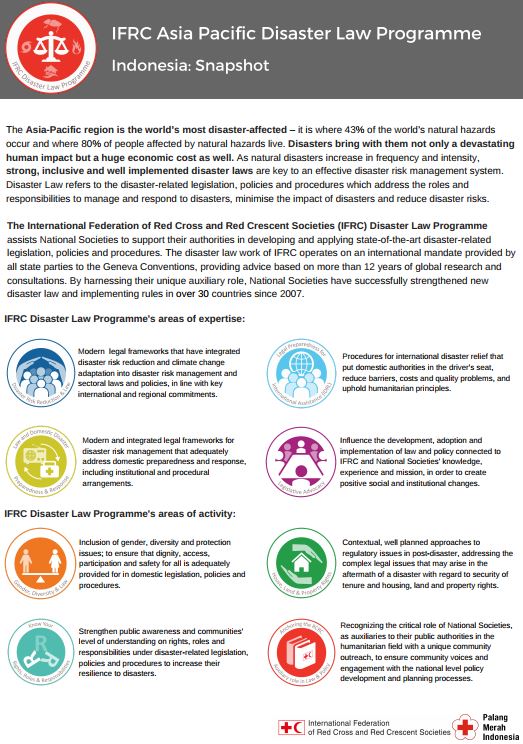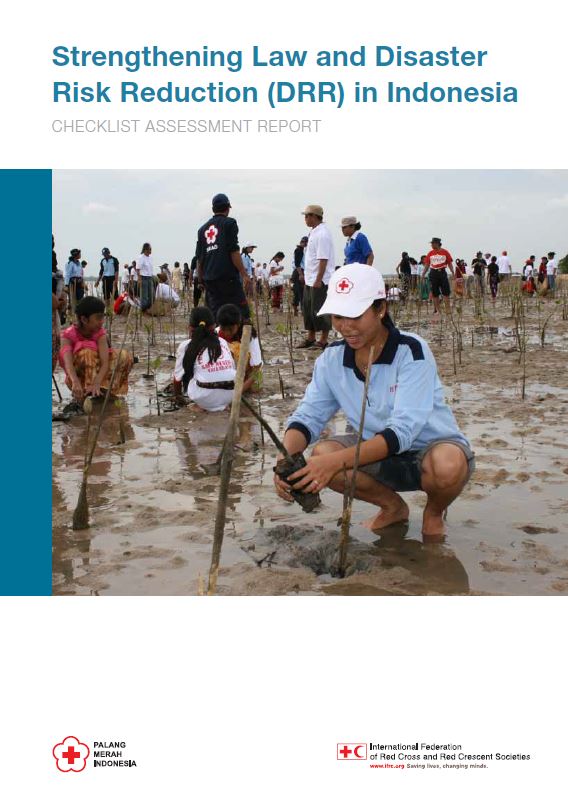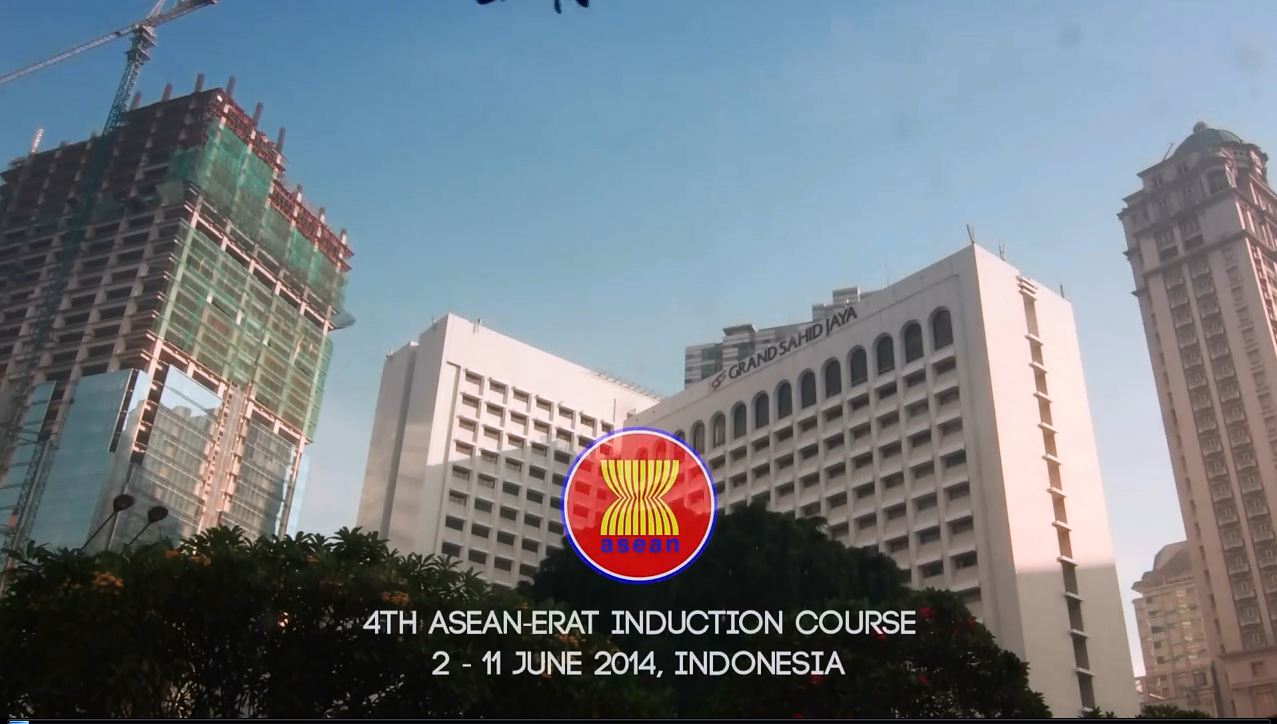Indonesian Red Cross Society: Integrating Community Engagement and Accountability in Emergency Operations
Community engagement and accountability (CEA) is critical to respond to immediate needs of the affected population in an emergency. It aims to put communities
at the centre of the operation and supports the role the members of affected communities as first responders. The recent earthquake response in Indonesia’s Aceh province in December 2016, by the Indonesian Red Cross Society: Palang Merah Indonesia (PMI), demonstrates how CEA was integrated within the emergency
operations.
This case study documents the key achievements and experiences of CEA in an emergency from the 2016 earthquake operation in Pidie Jaya, Aceh. It also features the recommendations for organisational policy change relating to an emergency operation to better prepare for and
respond to future crises in Indonesia and more broadly, in the region.
The case study is available for downloaded in high-resolution and low-resolution.
![]()
Strengthening Law and Disaster Risk Reduction (DRR) in Indonesia – Checklist Assessment Report
Purpose:
The research undertaken by Indonesia Red Cross ( PMI) and IFRC provides an assessment of Indonesia’s legal and policy framework for disaster risk reduction, using the Checklist on Law and Disaster Risk Reduction which was developed jointly by UNDP and IFRC. The Checklist supports government and other stakeholders to assess their country’s laws and policies against ten key areas – from how well integrated DRR is integrated in sectorial laws like education, housing and land use planning to how community participation is mandated in risk reduction decision making.
This report is the result of an integrated research process that combined desk-based legal research with stakeholder interviews in-country, followed by a multi-stakeholder consultation workshop held in February 2016 to verify the research findings and explore relevant issues with participants. It provides a ‘legal mapping’ of the laws and regulations that address disaster risk reduction (DRR) in Indonesia, analysing them against the questions contained in the Checklist and assessing their implementation based on stakeholder feedback and secondary sources.
Whilst the research found that there has been huge advancements in Indonesia since their experience in the 2004 Indian Ocean Tsunami, including the development of a very sophisticated disaster management legal system – there are some areas that require further attention. These issues relate to, among others, stronger institutional mechanisms for horizontal coordination on DRR across the sectors, as well as vertical coordination from national to village level. There also needs to be greater priority placed on implementation, particularly at the village level and ensuring communities are actively engaged in decision making. The report clearly lays out recommendations under each of the checklist questions on ways that risk reduction can be better integrated into the laws and regulations in Indonesia and provides a strong evidence base for future action.
Overview:
The report was launched as part of the Partners for Resilience (PfR) event held in Jakarta on 30 November 2016. Partners for Resilience is an alliance of humanitarian, development, climate and environmental civil society organizations globally, including in in Indonesia who work together to promote the application of Integrated Risk Management (IRM) to strengthen and protect livelihoods of vulnerable communities, primarily against climate-related natural hazards, and with special attention for inclusivity and the role of gender. The DRR and Law report provides a strong evidence base for their ongoing advocacy and influence efforts in Indonesia. PMI and IFRC will continue to work through this alliance to ensure that recommendations from the report are considered and acted on in Indonesia.
The report features the following:
- Methodology
- Summary of main natural hazards and risks in Indonesia
- Government and law-making structure
- Response to Checklist questions
- Identification of priority issues in the legal framework
- Recommendations
- Annexes: list of persons and groups consulted, bibliography and initial plan of action
Usage: Guidance to implementation and learning from experience
Audience: National Society Leaders and DM practitioners
See also the Bahasa Indonesian version [10 MB, pdf] and the story at http://www.ifrc.org/en/what-we-do/disaster-law/news/asia-pacific/strengthening-resilience-through-disaster-law-in-indonesia-73942/
![]()
Staying on air to stay alert
![]()





